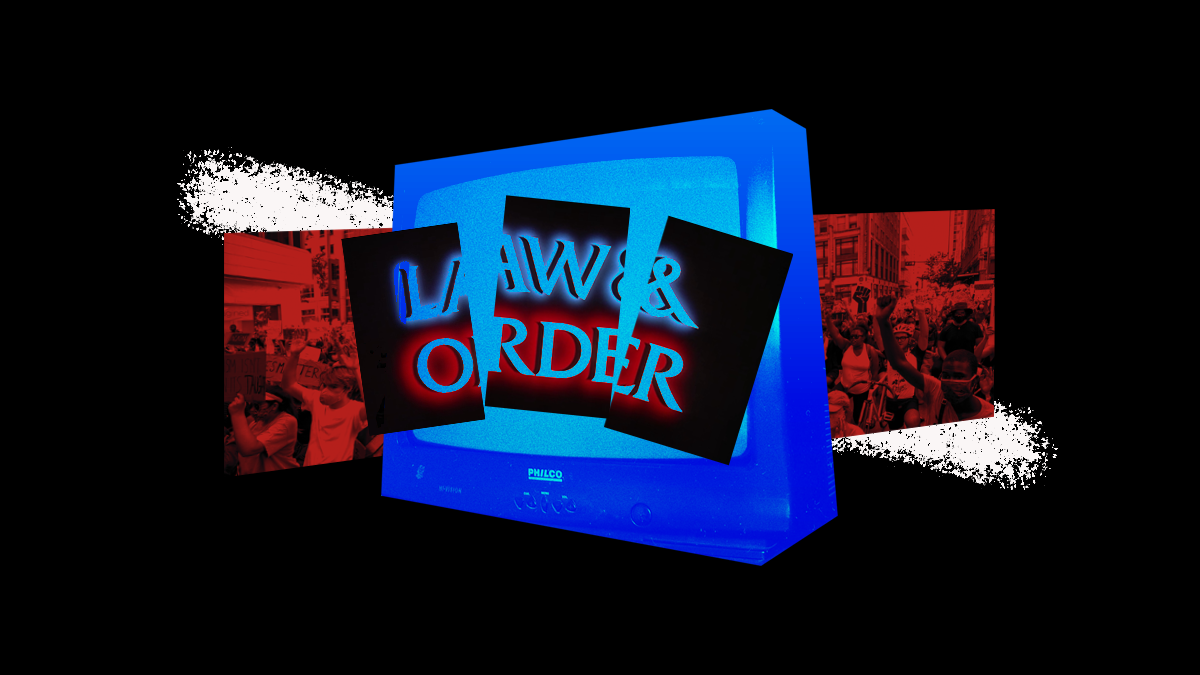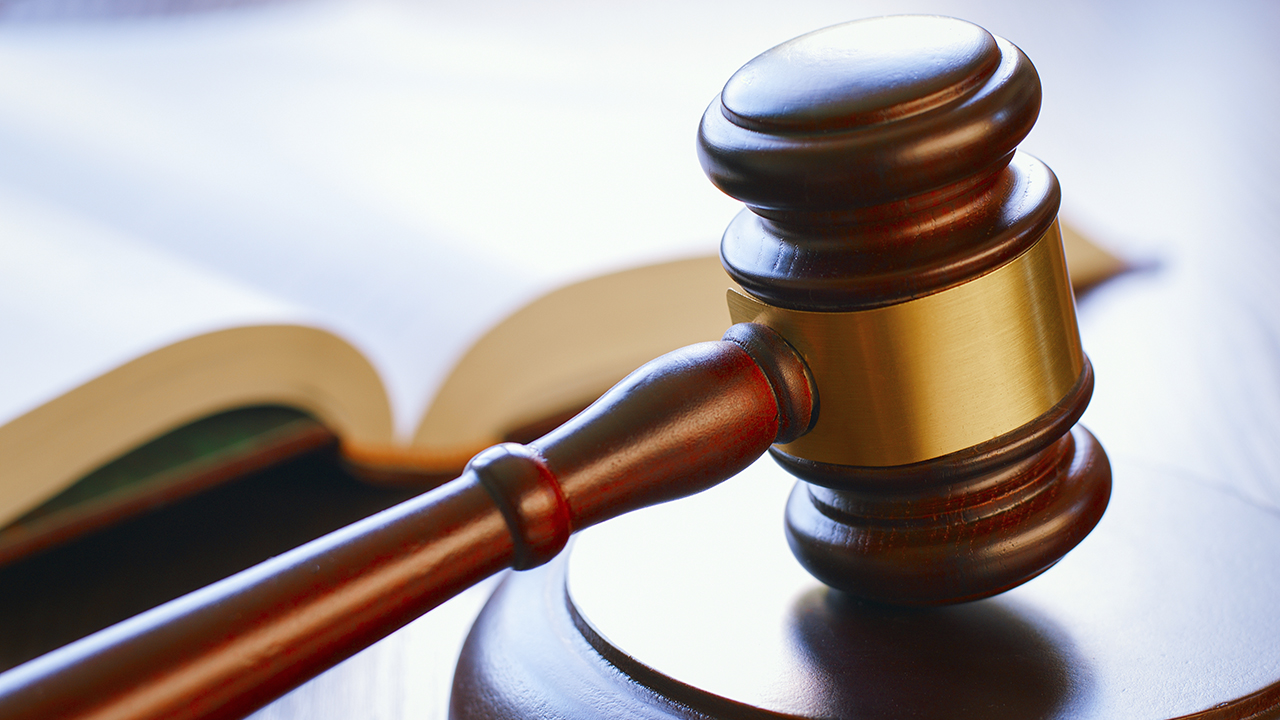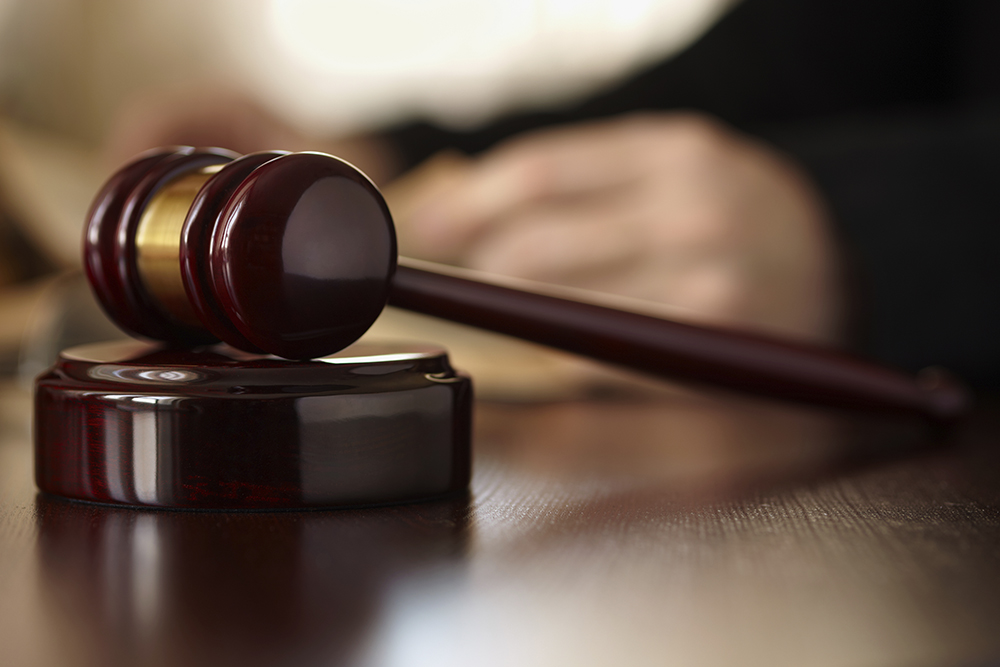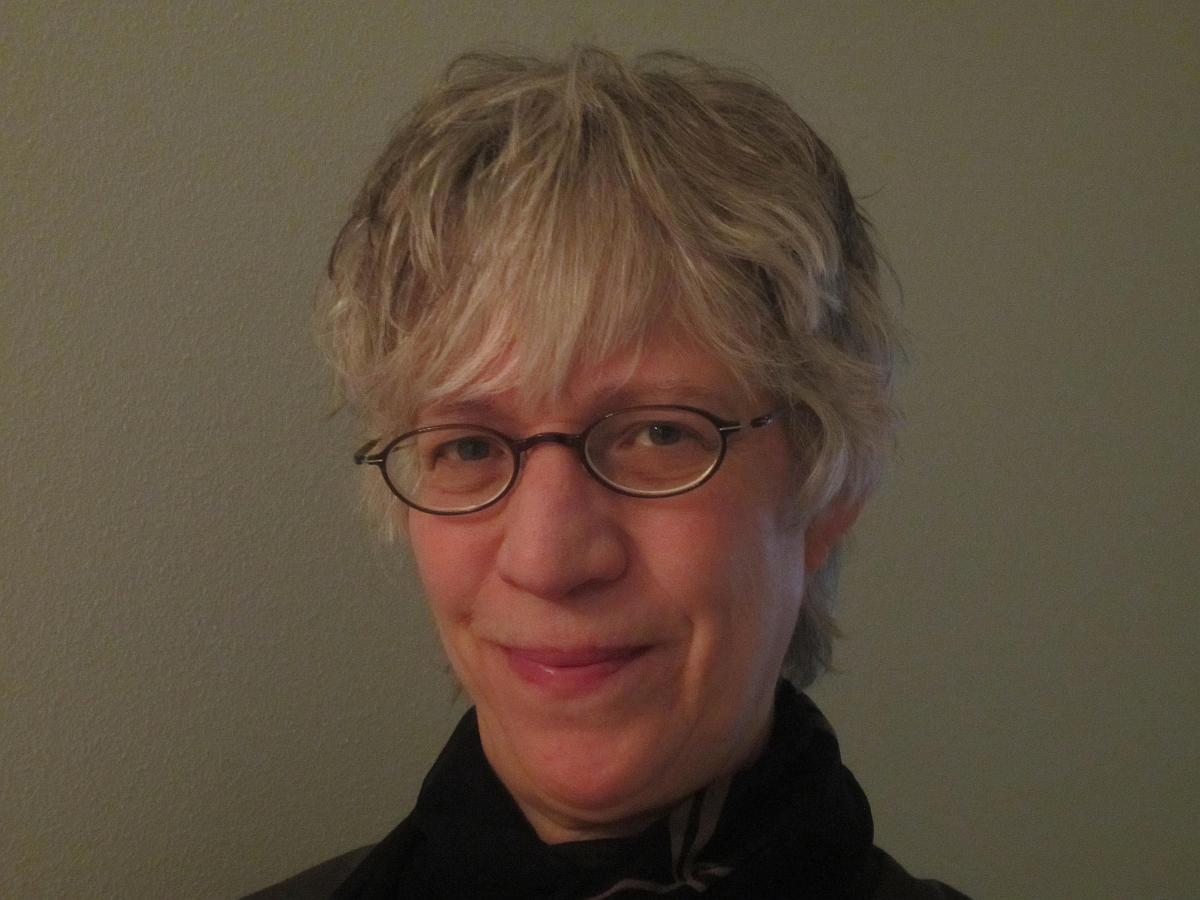All gifts, up to $10,000, TRIPLE-matched until June 30!
In Law and Order: SVU Only Some People Are Allowed to Be Victims

After a long hard day of cutting the crusts off my PB&J and learning how to incorporate prepositions, all I wanted to do was sit back and unwind to my favorite TV show as a middle schooler: Law and Order: SVU.
Yep, you heard that right. It wasn’t iCarly or Victorious, although those were top contenders. Nope. Instead, SVU became my “comfort” TV show. The monotony of a crime taking place, solving the crime, and prosecuting the bad guy was something reliable and consistent that would help take my mind off my thousands of complex and dynamic middle-school problems!
Now, as a 23-year-old, SVU means something completely different to me. Rather than seeing crime-fighting heroes, I see law enforcement perpetuating police brutality in the name of public safety. Instead of black-and-white scenarios of survivors getting justice and criminals being prosecuted, I see a “perfect victim” complex (I’ll dig into that below) influencing who our society considers to be a real, worthy, or believable victim. And no longer being able to classify this as a comforting show, I now see a drama exploiting the worst moment of millions of people’s lives as entertainment.
SVU largely rose to fame because of the lead detective duo, Olivia Benson and Elliott Stabler. While this dynamic pairing allows audiences to envision the positive changes law enforcement could have on survivors of sexual assault, the many moments of unnecessary brutality remind us that no one should be above the law, including TV detectives. Take the moment when Elliott broke into a perpetrator’s house and beat him within an inch of his life, or when he threw a suspect out of the interrogation room window. And then tell me why, only two years ago and amid our country’s long-overdue reckoning with police violence, Elliot was given his own show, spotlighting how his “bad cop” antics got him to this prominent role.
In the wake of the Black Lives Matter movement, Stabler’s irrational and too often intentionally destructive behavior may leave audiences sympathetic to cops engaging in police brutality, creating a narrative that any action can be justifiable if it was in pursuit of “justice.” A narrative that, when played out in our reality, looks like white supremacist police forces murdering Black people.
While the on-screen detectives fail to meet the perfection I wished for, the TV “victims” were meticulously crafted to garner specific reactions. The majority of victims who audiences deemed likable, and the fictional juries deemed worthy of justice, were white, young, and middle-class. They weren’t intoxicated during the assault, they came forward soon after, they knew who assaulted them, they could recall the events perfectly, etc. They were basically the embodiment of the “perfect victim” trope. A trope that, once again, informs how victims are treated off the screen—and helps to support the misogynoir that too often pushes the stories of Black women survivors into the shadows.
Meanwhile, any other survivor who did not match those specific characteristics was portrayed as antagonizing the detectives who were working so hard to get them justice. How dare they not want to relive their trauma so they can have a .025% chance of seeing their perpetrator imprisoned! How could they not want Detective Benson to badger them until they caved and reluctantly reported the crime (see: when Detective Benson staked out a survivor’s home and convinced her to submit a rape kit)!
Watching the way these survivors were treated by the Law & Order: SVU criminal justice world warped my idea of how a survivor should be (which, by the way, is whatever they damn well please). Believing that if these survivors just wanted justice enough, they would get it, left me ignorant to the realities of what these people go through and are forced to endure—both during their assault, and in the retraumatizing process that comes after.
Just look at college campuses.
“Just “because you felt victimized doesn’t mean you actually were’ [and] ‘[n]o one [at this school] would care if you killed yourself.”
That quote—allegedly from a college dean—showcases the abuse and harassment that survivors are too often forced to endure.
Title IX, a federal civil rights law, is meant to protect survivors during school reporting and disciplinary processes. But when the Trump administration changed the Title IX rule, grounding it in the politics of misogyny and rape culture, those protections were hugely weakened.
Trump’s changes to the rule rely on the myth that people who report sexual harassment (primarily girls and women) are likely to be liars whose accounts should be entertained with deep skepticism—for example, being subjected to direct cross examinations by virtually anyone, like their rapists’ friends, fraternity brothers, or even their parents. I guess these changes shouldn’t be surprising given that so-called “men’s rights groups” helped write them.
I, and everyone at the Law Center, urge the Biden administration to finalize its proposed changes to the Title IX rule to undo what Trump did ASAP—so that students have stronger protections when they return to school in the fall.
But more than that, we need SVU to move to the wayside—and to be replaced with nuanced, thoughtful, and honest narratives about sexual assault and harassment.
Because the stories we see, from age 13 and beyond, inform our understanding of the world. So maybe if we saw survivors for who they actually are—always remembering that survivors can be anyone at all—the transformative change we’re seeking on our college campuses and inside our larger culture wouldn’t feel so far out of reach.
The author would like to thank Gemma Simoes De Carvalho for her contributions to and review of this blog post.





